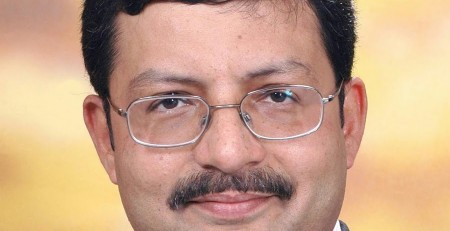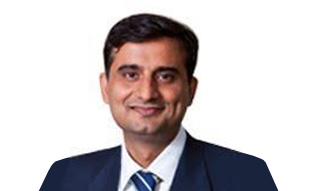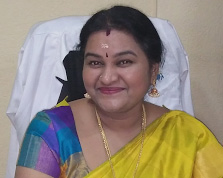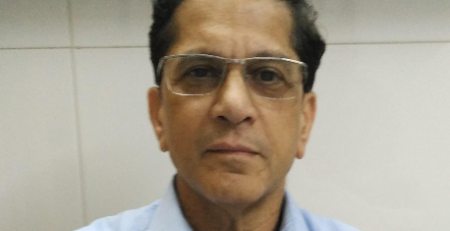Dr. Rachna Kucheria
MD Family Medicine (USC, California)
Family & Geriatric Medicine
Kucheria Clinic, B 64 FF Gulmohar park,
New Delhi 110029
The burden of Vitamin D deficiency in India
Vitamin D deficiency is a widespread complaint. Dr. Rachna Kucheria says that In India too, many studies point to a widely prevalent,moderate-to-severe Vitamin D deficiency in the urban Indian population despite ample sunshine. Several factors are responsible for this Vitamin D deficiency in India. She informs us that a largely strict vegetarian diet, limited options for Vitamin D intake and religious and cultural practices such as fasting, covering the face, black socks covering hands and feet etc all contribute to make this deficiency more pronounced. Vitamin D deficiency remains undetected in a majority of individuals because of asymptomatic or vague nature of symptoms. There are several health issues that require that we keep our Vitamin D levels at proper levels in the body.
Reduced functional capacity and body pain with Vitamin D deficiency
Dr. Kucheria informs us that pain& fatigue are some of the most prevalent complaints that may result in reduced functionality.Acute pain can present as muscle cramps, whereas in chronic cases this may lead to difficulty in the performance of routine tasks.Patients may complain particularly of lower extremity pain. Vitamin D deficiency may also involve weakness of muscles, felt as easy fatigue to most people. Studies have linked Vitamin D deficiency with lower functional capacity. Dr. Rachna Kucheria reminds us that Vitamin D deficiency may decrease quality of life in that it leads to functional insufficiency, thereby negatively affecting social and work life.This in turn can put the person in socioeconomic difficulties. When a patient presents with these symptomsa test for vitamin D 3 (1,25 Dihydroxycholecalciferol) levels should be requested.
Oral Supplementation of Vitamin D& Bone Health
Vitamin D deficiency can lead to deleterious effects and therefore its supplementation is essential if the serum D levels are below 30 ng/ml. Dr. Rachna Kucheria reminds us that since many people will not have any particular symptom even though they are Vitamin D deficient, Vitamin D supplementation with oral Vitamin D supplements to maintain 25 (OH) level between 30 and 70 ng/ml should be considered. People need to be educated about appropriate levels of Vitamin D in the body and ways to supplement. Calcium supplementation is the other topic that needs to be addressed. For most people 500 mg a day supplementation along with a diet with calcium rich foods – dairy products, ragi, guava to name a few is sufficient. Equally important for bone health is regular weight bearing exercises or at a minimum a daily walk for at least 40 minutes, after consultation with your doctor.
Dr. Rachna Kucheria adds that a study showed 90% recovery in clinical findings in nonspecific muscle pain patients with vitamin D deficiency as a result of vitamin D replacement. Another study demonstrated vitamin D deficiency in 83% of patients who had low back pain for at least 6 months, and clinical improvement was achieved with a replacement treatment of 5000–10,000U/day administered over a follow up period of three months. She concludes that Vitamin D supplementation, when given to patients with vitamin D deficiency shows a decrease in their complaints.











